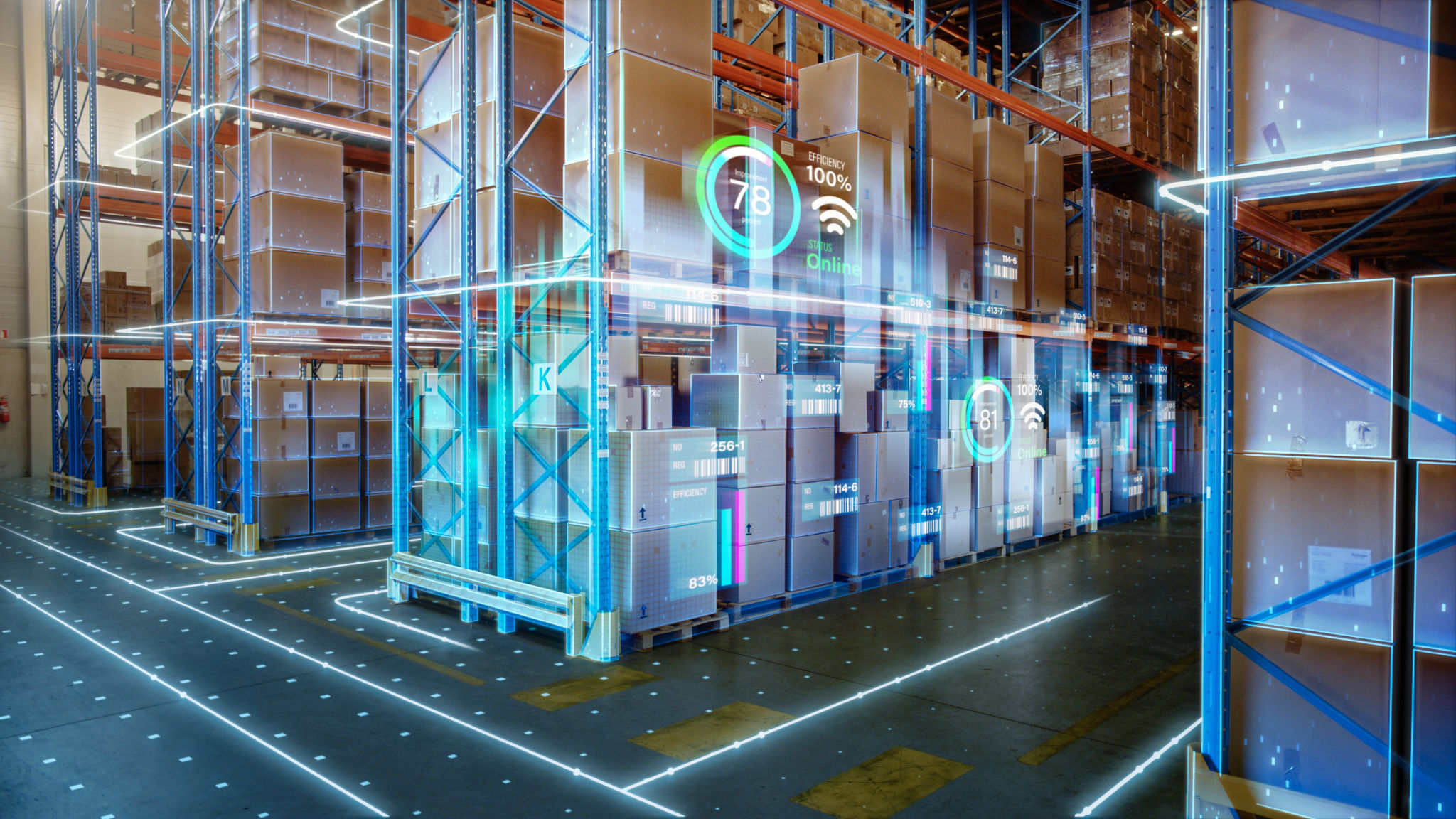The Role of Technology in Modern Industrial Warehousing
Introduction to Technology in Warehousing
In recent years, technology has become an integral part of modern industrial warehousing. As businesses strive to improve efficiency and accuracy, technological advancements have emerged as pivotal solutions. From automation to data analytics, these innovations are reshaping how warehouses operate, promising significant gains in productivity and cost-effectiveness.
Automation and Robotics
One of the most transformative technologies in warehousing is automation. Automated systems, including conveyor belts and robotic arms, have revolutionized the way goods are moved and processed within warehouses. These systems reduce manual labor, minimize human error, and enhance speed in handling operations.
Robotics, in particular, has seen a surge in deployment. Autonomous mobile robots (AMRs) and automated guided vehicles (AGVs) are now common sights in warehouses, performing tasks such as picking, packing, and transportation with precision and efficiency.

Inventory Management Systems
Inventory management has always been a critical aspect of warehousing, and technology plays a crucial role in optimizing this process. Advanced inventory management systems allow for real-time tracking of stock levels, ensuring that warehouses maintain optimal inventory without overstocking or understocking.
These systems often integrate with other technologies like barcode scanners and RFID tags, providing accurate and up-to-date information about inventory status and location. This integration helps in maintaining smooth supply chain operations.

Data Analytics and Warehouse Management Systems (WMS)
The use of data analytics in warehousing has opened new avenues for efficiency improvements. By analyzing data collected from various operations, businesses can identify patterns and trends that can inform decision-making. This approach leads to better resource allocation and inventory forecasting.
Warehouse Management Systems (WMS) are at the heart of these analytics processes. A WMS helps in coordinating all warehousing activities, from inventory tracking to order fulfillment, ensuring seamless operations across the board.
Internet of Things (IoT) in Warehousing
The Internet of Things (IoT) has found its way into industrial warehousing, offering new ways to monitor and manage operations. IoT devices can provide real-time data on equipment performance, environmental conditions, and inventory levels. This connectivity allows for proactive maintenance and immediate response to any issues that may arise.

Conclusion: The Future of Warehousing Technology
As technology continues to evolve, the future of industrial warehousing looks increasingly promising. With ongoing advancements in artificial intelligence, machine learning, and blockchain technology, warehouses are set to become even more efficient and autonomous.
Businesses that embrace these technologies will not only gain a competitive edge but also enhance their ability to meet the ever-growing demands of the modern market. The role of technology in warehousing is not merely supportive; it is transformative, paving the way for a new era of industrial operations.
